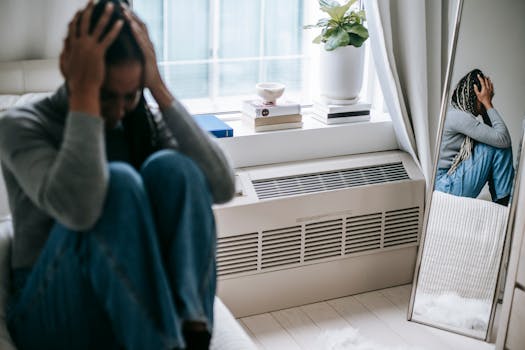
Regular Exercise for Better Mental Health: Unlocking the Benefits
Regular exercise is a crucial aspect of maintaining good mental health. Exercise has been shown to have a positive impact on mental well-being, reducing stress and anxiety, improving mood, and even alleviating symptoms of depression. In this article, we will explore the benefits of regular exercise on mental health and provide tips on how to incorporate physical activity into your daily routine.
The Benefits of Exercise on Mental Health
Exercise has been proven to have a significant impact on mental health, with benefits including:
- Reduced stress and anxiety: Exercise has been shown to reduce stress and anxiety by releasing endorphins, also known as ‘feel-good’ hormones, which help to improve mood and reduce feelings of stress and anxiety.
- Improved mood: Exercise has been proven to improve mood, with studies showing that regular physical activity can reduce symptoms of depression and anxiety.
- Enhanced cognitive function: Exercise has been shown to improve cognitive function, including improved concentration, memory, and problem-solving skills.
- Better sleep: Exercise has been proven to improve sleep quality, with regular physical activity helping to regulate sleep patterns and improve the quality of sleep.
- Increased self-esteem: Exercise has been shown to improve self-esteem, with regular physical activity helping to boost confidence and body image.
How Exercise Affects Mental Health
So, how exactly does exercise affect mental health? The answer lies in the way that exercise impacts the brain and body. When we exercise, our brain releases endorphins, which are chemicals that act as natural painkillers and mood elevators. Exercise also increases blood flow to the brain, which can help to improve cognitive function and reduce stress and anxiety.
Tips for Incorporating Exercise into Your Daily Routine
Incorporating exercise into your daily routine can be easy and fun. Here are some tips to get you started:
- Start small: Begin with short, manageable sessions of exercise, such as a 10-minute walk or a few jumping jacks during commercial breaks while watching TV.
- Find an activity you enjoy: Exercise shouldn’t be a chore. Find an activity that you enjoy, whether it’s running, swimming, or dancing, and make it a regular part of your routine.
- Make it social: Exercising with a friend or family member can be a great way to stay motivated and make exercise more enjoyable.
- Make it a habit: Incorporate exercise into your daily routine, such as right after waking up or before bed, to make it a consistent habit.
Conclusion
In conclusion, regular exercise is a crucial aspect of maintaining good mental health. With its numerous benefits, including reduced stress and anxiety, improved mood, and enhanced cognitive function, exercise is an essential tool for anyone looking to improve their mental well-being. By incorporating physical activity into your daily routine, you can take the first step towards a healthier, happier you.






